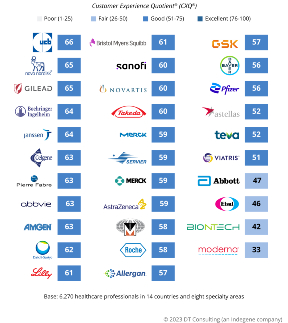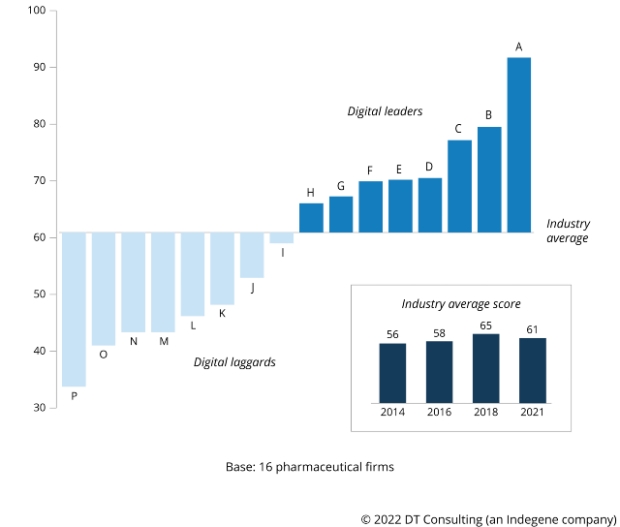Elon Musk’s apparent ongoing campaign to dimmish his carefully curated reputation for business acumen through his mismanagement of Twitter has brought a number of damaging repercussions for pharma and healthcare.
The turmoil at Twitter, reflected to a lesser extent in the testing times being experienced by other platforms, is the poster child for the industry’s social media problem.
Since pharma use of social media went mainstream more than 15 years ago, first with corporate blogs, then with Twitter and Facebook, the main platforms have provided the industry with their fair share of challenges, but they’ve also remained relatively stable.
None has, at least yet, undergone a ‘Myspace moment’ of terminal decline into obscurity. But equally, stability is no longer something that would be associated with Twitter, and the cracks appearing there have other platforms questioning their way forward.
Platform uncertainty
For Twitter, the uncertainty around its future has taken on increasingly concerning tones. Less than a month after buying the social media site for an eyewatering price tag of $44 billion in October, Musk’s Twitter stopped enforcing its ban on misleading information about COVID-19.
Despite its previous owners suspending more than 11,000 accounts for spreading dangerous misinformation about the pandemic, Musk decided that even ‘demonstrably false or misleading’ tweets, or those which might ‘lead to significant risk of harm’, no longer had to be removed from his platform.
That marked a line in the sand for some, including Finnish government R&D body the Institute for Health and Welfare (THL). It temporarily, and then permanently, discontinued its official account as a result of the misinformation and conspiracy theories being perpetuated..
• Read my PME article on pharma social media and customer experience (CX) in full






